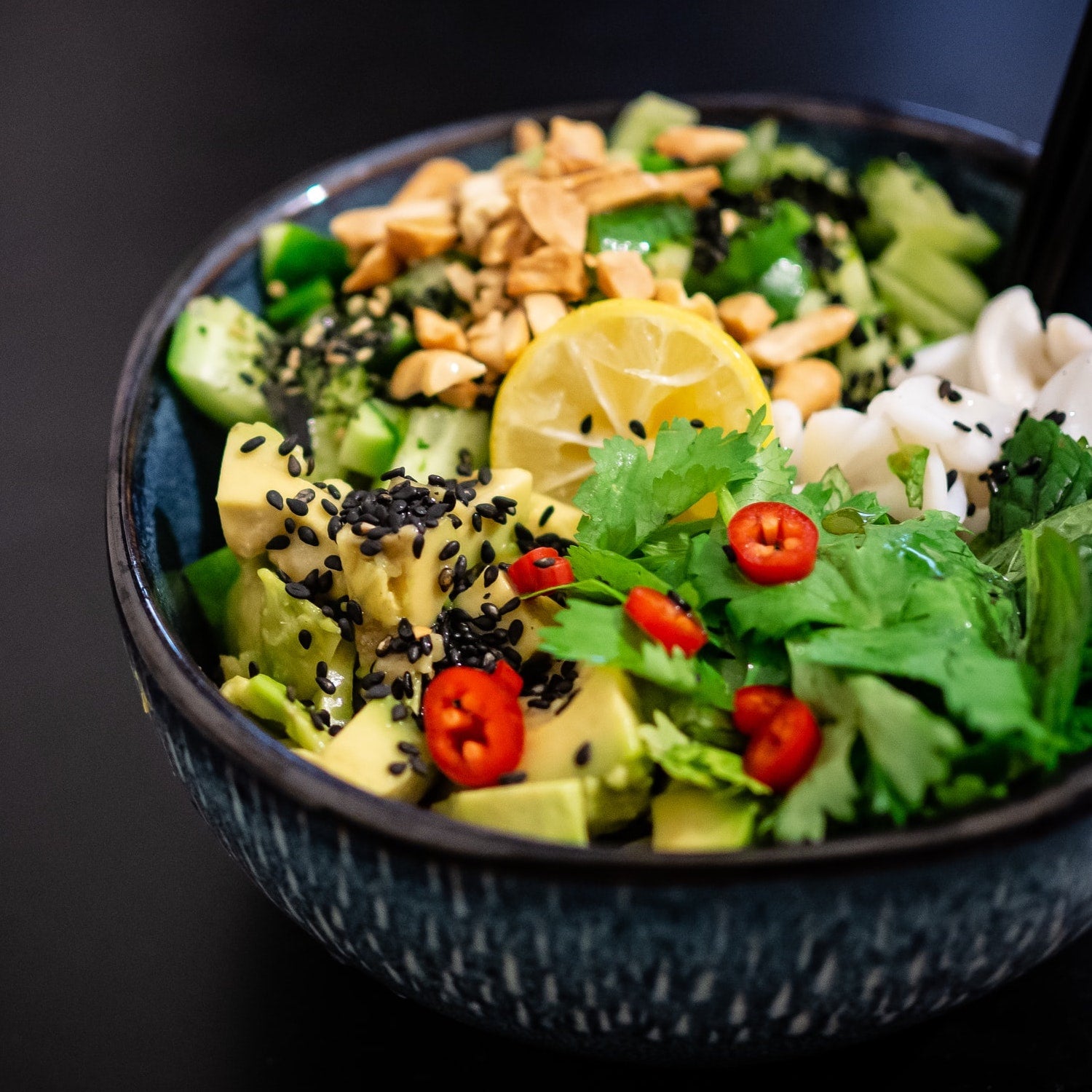

· By Josh Christensen
Is Keto Right for You?
Finding the right diet for you can be tricky; what works for you may not work for someone else. Our body reacts differently under different constraints, which means you have to know your body well enough to know what will work. In this article, we will go over several factors of the ketogenic diet, and then you can determine if Keto is the right fit for you.
What is Keto?
The ketogenic diet is a low carb high-fat diet; on Keto, you will burn fat instead of carbohydrates. You will replace the carbohydrates with fats. Essentially, the reduction in carbs will put your body in a metabolic state called ketosis. The longer your body stays in ketosis, the better it is for your diet.
Little to no carbs
If you love carbs, Keto may not be the diet for you, but if you can go for an extended period without carbs, you may want to try Keto. The adjustment can be problematic in the beginning because you have to train your body to depend on fat. Keto's adaptive stage's side effects include tiredness, hunger, mood swings, and headaches. Remember, your body is transitioning from burning glucose as fuel to fatty acids and ketones. This will require you to be patient.
Increase in Fat Intake
Keto requires you to consume more fat than you would usually. If you don't like eating fat at every meal, then Keto may not be for you. You have to maintain a specific calorie intake during the diet to ensure your body will be in ketosis. The average person needs about 2,000 calories per day to function. Increase fat doesn't mean an increase in protein, which is a misconception most people have about Keto. Lean proteins are highly recommended. Meats like bacon, pork, and beef contain a higher fat level, but it is not the best option while on Keto.
On Medication
If you are on a particular type of medication, Keto is not the diet for you. If you have diabetes and take insulin or take blood pressure medication, Keto may not be ideal. If you decide you want to try the diet, please consult with your physician. They will be able to give you directives on how to diet successfully and alleviate any health concerns you may have.


